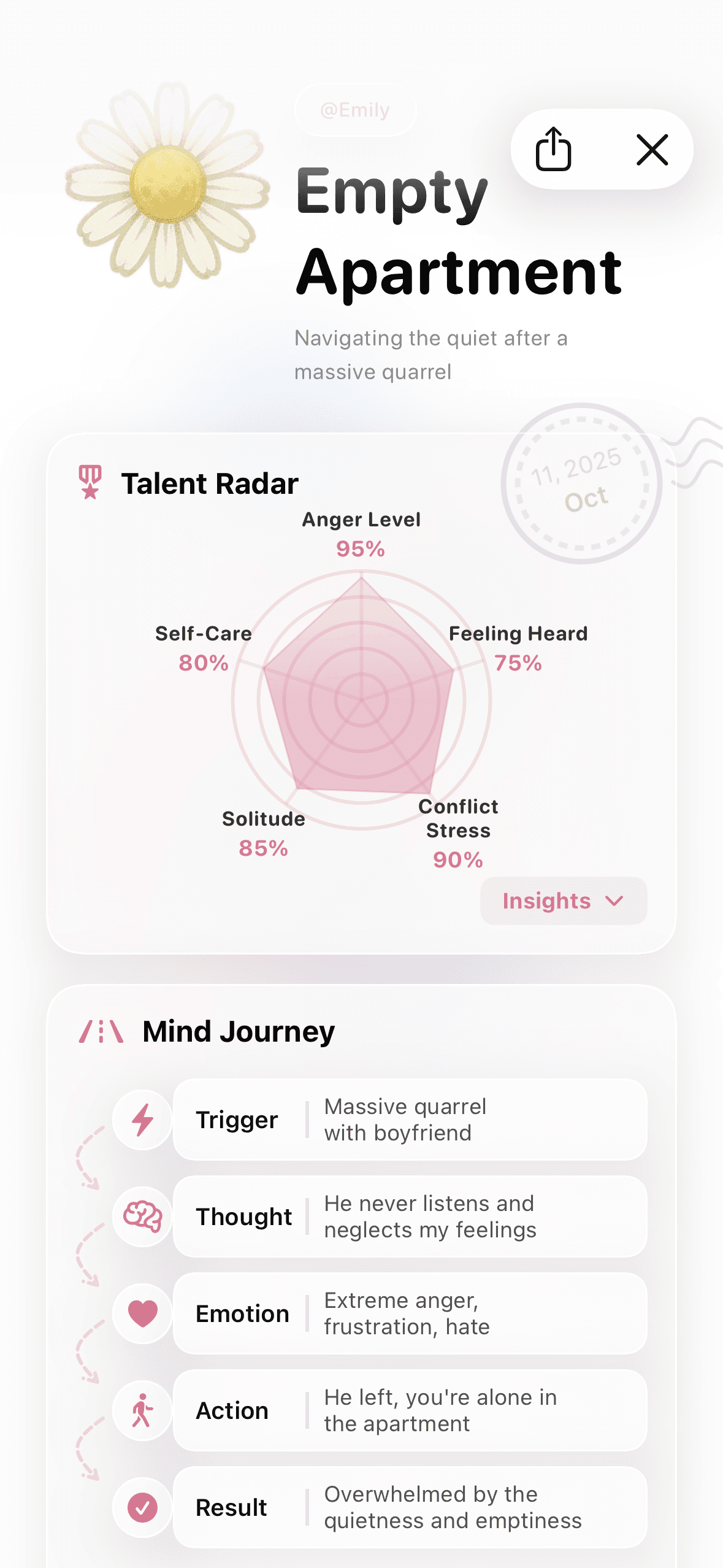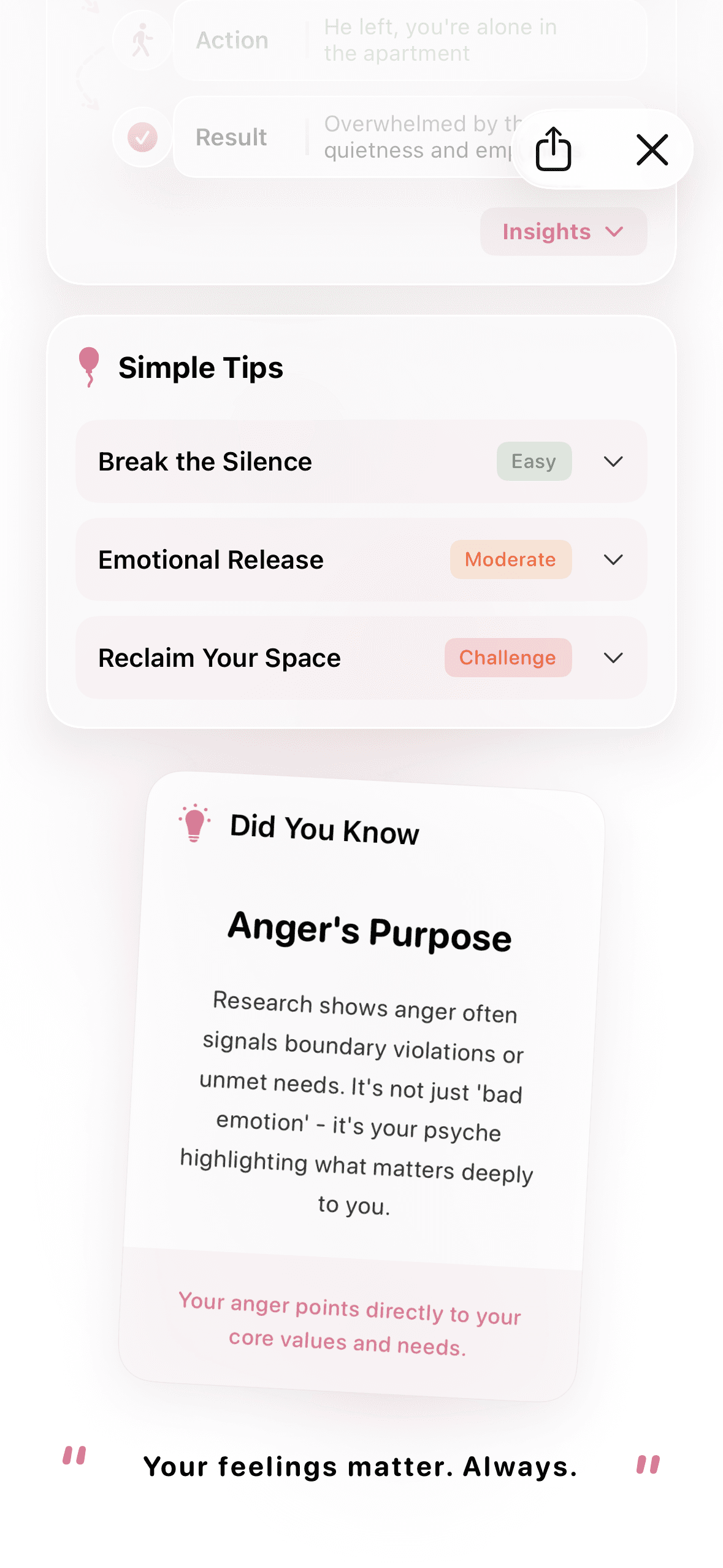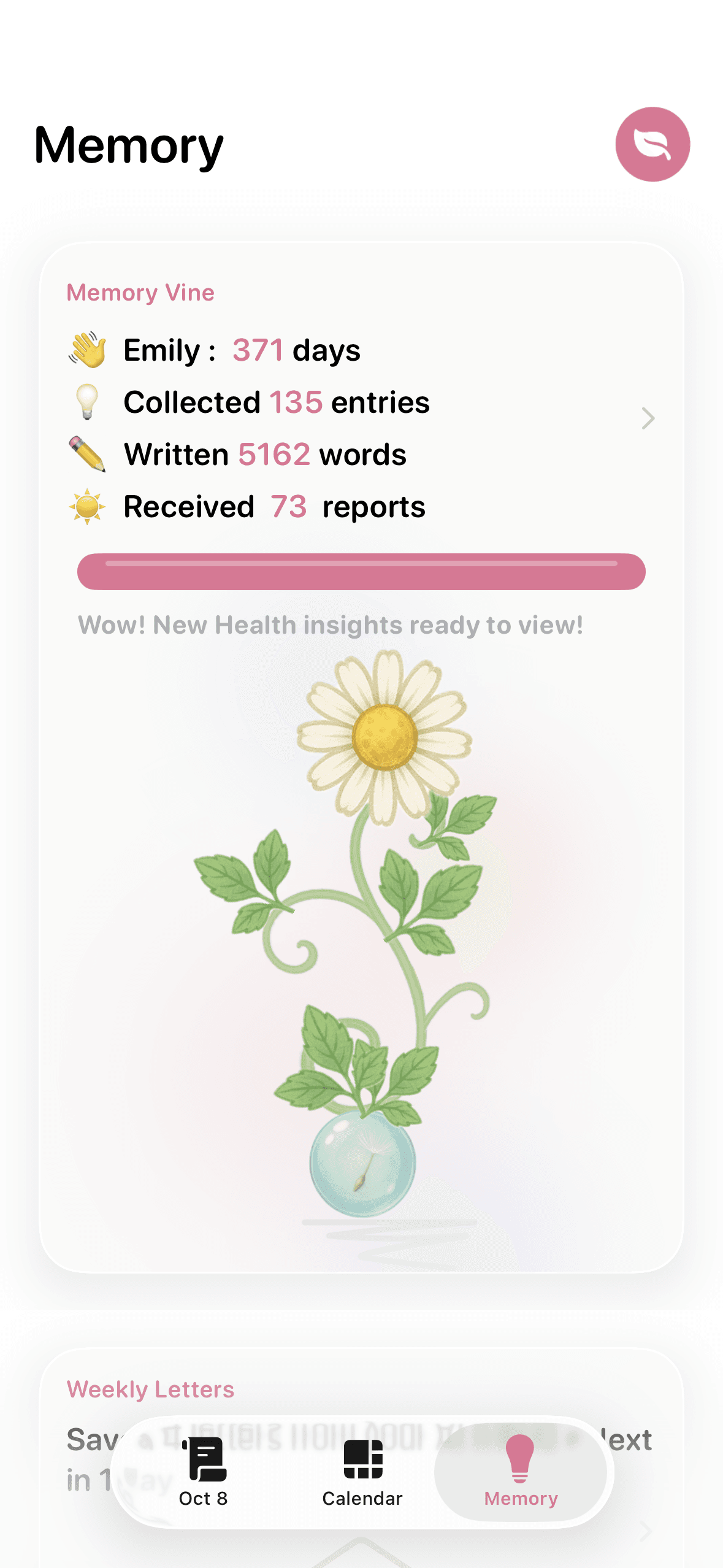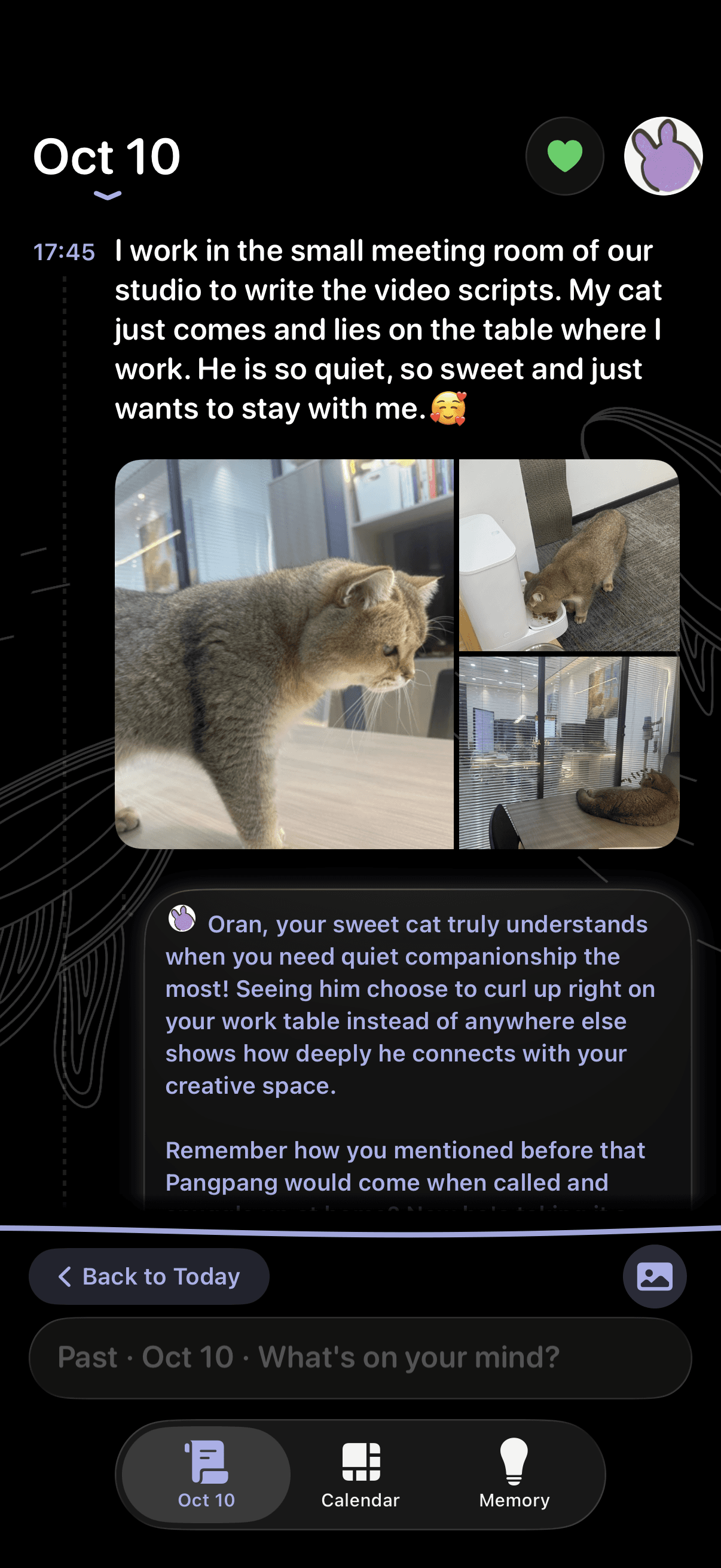The Power of Journaling for Depression
Research shows that expressive writing can reduce depression symptoms by up to 32% when practiced consistently. These prompts help you process emotions, recognize patterns, and build self-compassion.
25 Therapeutic Journaling Prompts
Understanding Your Emotions
- "Today I feel..." - Explore physical sensations that accompany this emotion.
- "If my depression had a color and shape..." - Visualize to externalize it.
- "The heaviest emotion I'm carrying is..." - Name it and imagine setting it down.
- "Three triggers today were..." - Identify patterns for better coping.
- "My inner critic says..." - Write it, then challenge with evidence.
Building Self-Compassion
- "If my best friend felt this way, I'd tell them..." - Extend that kindness to yourself.
- "Three small victories today..." - Acknowledge efforts, however small.
- "I forgive myself for..." - Release guilt and shame.
- "My body has carried me through..." - Thank your resilience.
- "One way I cared for myself..." - Celebrate self-care victories.
Challenging Negative Thoughts
- "Evidence for/against this thought..." - Practice balanced thinking.
- "Without depression, I would..." - Identify hidden goals.
- "A limiting belief I hold..." - Question what depression reinforces.
- "Instead of all-or-nothing..." - Develop nuanced responses.
- "Future assumptions I'm making..." - Challenge catastrophizing.
Finding Hope
- "Despite everything, I'm grateful for..." - Find moments of relief.
- "I once overcame..." - Remember your capability.
- "A recent comfort was..." - Notice small peace moments.
- "To my younger self..." - Offer wisdom and compassion.
- "I'm slightly curious about..." - Nurture tiny seeds of hope.
Processing and Releasing
- "I'm ready to release..." - Identify what no longer serves.
- "Dear Depression..." - Write to it as separate from you.
- "My story with compassion..." - Reframe with kindness.
- "I'd change how I..." - Identify self-compassion goals.
- "Tomorrow's small step..." - Set one achievable intention.
Making It Work
When it's too hard: Write just one word, doodle, or use voice recording. Apps like Lifelight offer AI-guided prompts when you're stuck.
Track progress: Watch for balanced thinking, self-compassion, and small hopes appearing in entries.
Remember: Every word written is courage. Be patient—healing takes time but is possible with consistent practice.



